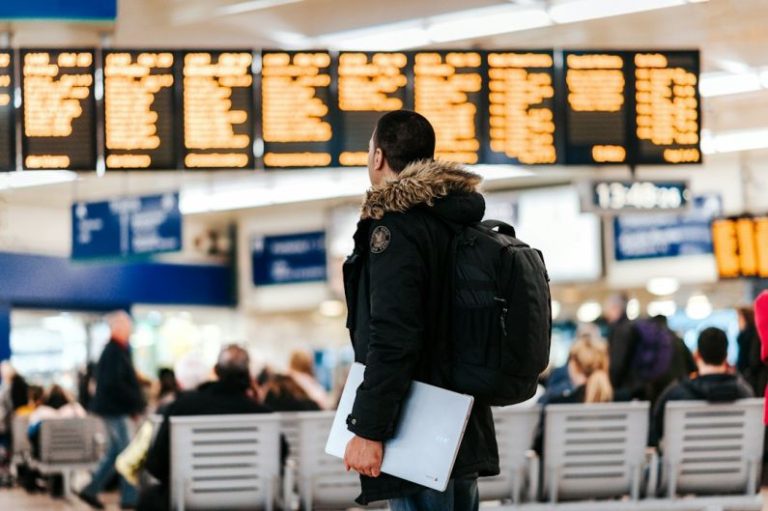Navigating Foreign Languages: Essential Tips
Traveling to a foreign country where you don’t speak the language can be both thrilling and intimidating. Whether you’re a seasoned globe-trotter or a first-time adventurer, dealing with a language barrier can present challenges. However, with the right approach and some essential tips in mind, you can navigate through unfamiliar linguistic territories with ease and confidence.
Immerse Yourself in the Language and Culture
One of the most effective ways to learn a foreign language is through immersion. When you immerse yourself in a new language and culture, you expose yourself to the language in real-life situations, helping you pick up vocabulary, pronunciation, and grammar more naturally. Try to engage with locals, attend cultural events, and practice speaking the language as much as possible. The more you immerse yourself, the more comfortable you’ll become with the language.
Learn Basic Phrases and Expressions
Before traveling to a foreign country, take the time to learn some basic phrases and expressions in the local language. Simple greetings, thank you, please, and excuse me can go a long way in helping you communicate with locals and show respect for their language and culture. Language learning apps and phrasebooks can be valuable tools for picking up essential phrases quickly.
Utilize Translation Apps and Tools
In today’s digital age, there are numerous translation apps and tools available that can help you bridge the language gap. Apps like Google Translate or iTranslate allow you to translate text, speech, and even images in real-time, making it easier to communicate with locals, read signs, menus, and directions in a foreign language. While these tools may not be perfect, they can be incredibly useful in a pinch.
Practice Active Listening and Observation
When in a foreign country, pay close attention to how locals speak, gesture, and interact with each other. By actively listening and observing, you can pick up on the nuances of the language, such as intonation, body language, and cultural norms. Mimicking native speakers can help you improve your pronunciation and fluency, making it easier to communicate effectively.
Be Patient and Open-Minded
Dealing with a language barrier can be frustrating at times, but it’s essential to remain patient and open-minded. Understand that language learning is a process that takes time and practice, and mistakes are a natural part of the learning journey. Approach interactions with a sense of curiosity and humility, and be willing to make an effort to communicate, even if it’s not perfect.
Seek Language Exchange Opportunities
If you’re serious about learning a foreign language, consider participating in language exchange programs or finding a language partner. Language exchange allows you to practice speaking with native speakers in a casual setting, helping you improve your conversational skills and cultural understanding. Websites like Tandem or conversation exchange forums can connect you with language partners around the world.
Improvise and Use Non-Verbal Communication
When words fail, don’t be afraid to improvise and use non-verbal communication to get your message across. Gestures, facial expressions, and body language can be powerful tools for conveying meaning and connecting with others, even when you don’t speak the same language. Just be mindful of cultural differences and avoid gestures that may be offensive or misunderstood.
Embrace the Adventure of Language Learning
Learning a foreign language can be a challenging but rewarding experience. Embrace the adventure of language learning, and view each interaction as an opportunity to expand your linguistic skills and cultural awareness. Celebrate your progress, no matter how small, and remember that every word learned brings you one step closer to mastering a new language.
In conclusion, navigating foreign languages may seem daunting at first, but with the right mindset and tools, you can overcome language barriers and make meaningful connections with people from around the world. By immersing yourself in the language and culture, learning basic phrases, utilizing translation apps, practicing active listening, and being patient and open-minded, you can enhance your travel experiences and broaden your horizons through language learning. So, pack your curiosity and sense of adventure, and embark on your next linguistic journey with confidence and enthusiasm.






